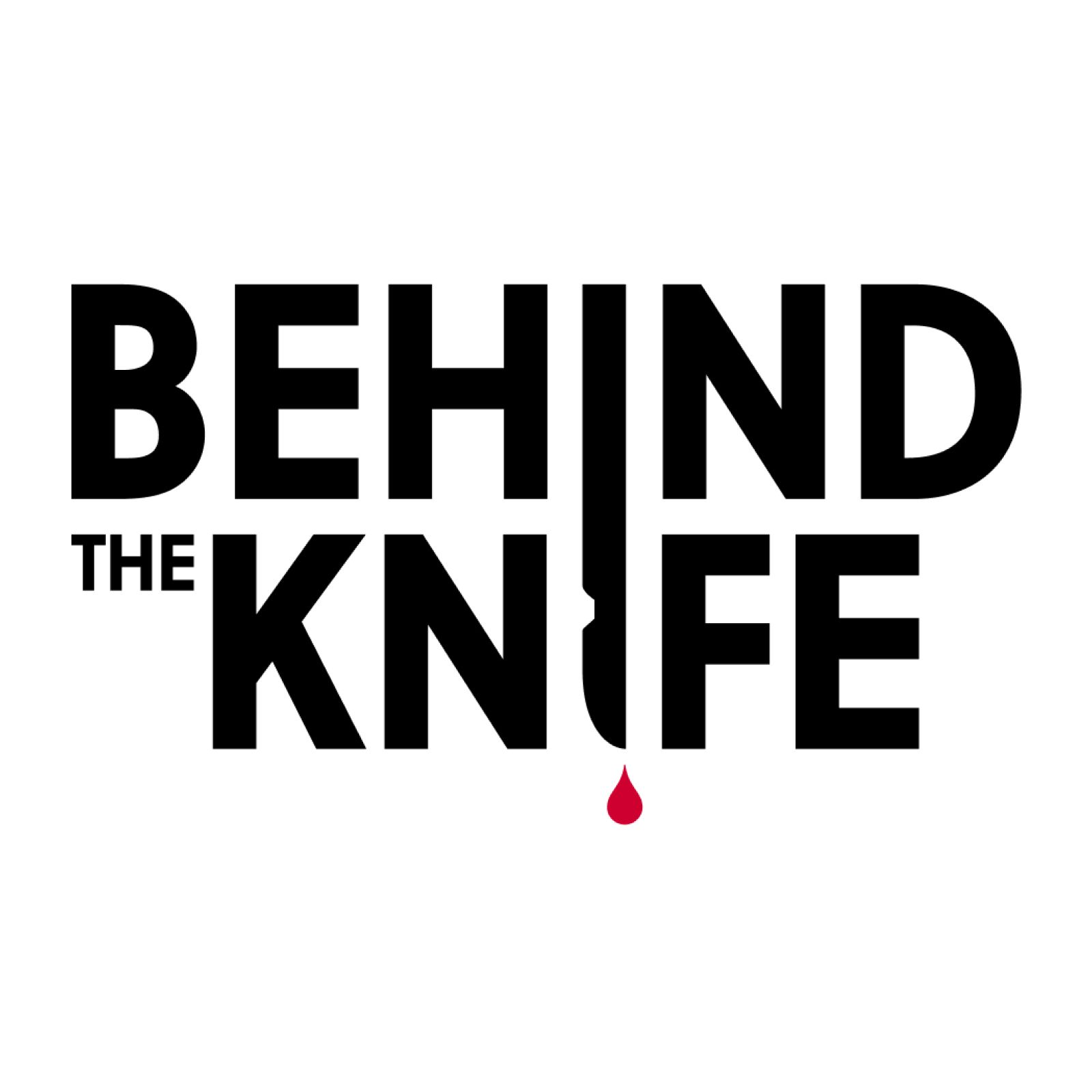

Behind The Knife: The Surgery Podcast
Behind The Knife: The Surgery Podcast
Behind the Knife is the world’s #1 surgery podcast. From high-yield educational topics to interviews with leaders in the field, Behind the Knife delivers the information you need to know. Tune in for timely, relevant, and engaging content designed to help you DOMINATE THE DAY!
Behind the Knife is more than a podcast. Visit www.behindtheknife.org to learn more.
Behind the Knife is more than a podcast. Visit www.behindtheknife.org to learn more.
Episodes
Mentioned books

Jan 26, 2026 • 33min
Operative Standards for Cancer Surgery Series: Papillary Thyroid Cancer
David Hughes, endocrine surgeon focused on papillary thyroid cancer, and Elizabeth Grubbs, surgical oncologist expert in thyroid and other endocrine tumors, discuss operative standards for papillary thyroid carcinoma. They cover choosing lobectomy versus total thyroidectomy, defining low-risk disease, preoperative ultrasound and CT use, anatomy guiding nodal dissection, intraoperative triggers to convert, and balancing parathyroid preservation with extent of surgery.

Jan 23, 2026 • 28min
Behind the Knife ABSITE 2026 - Quick Hits 4
Nina, a Clinical Educator and ABSITE reviewer, dives into critical topics from trauma management to renal physiology. She covers the Glasgow Coma Scale, ARDS criteria, and intricate details like bladder injury types and abdominal organ preservation techniques. Dan, a Pediatric Surgery Educator, shares insights on pediatric fluid management and emergent conditions like pyloric stenosis and necrotizing enterocolitis. Together, they unravel the complexities of surgical education, providing high-yield knowledge tailored for aspiring surgeons.

Jan 22, 2026 • 15min
Behind the Knife ABSITE 2026 - Quick Hits 3
This engaging discussion covers esophageal anatomy and the nuances of surgical approaches for various locations. It dives into the management techniques for Zenker's diverticulum, comparing endoscopic and open methods. The podcast also explores the rising prevalence of adenocarcinoma in the U.S. and discusses nutritional deficiencies post-bypass surgery. Attendees can expect insights on liver anatomy variants, cirrhosis assessments, and risks associated with hepatic adenomas. Overall, it’s packed with invaluable surgical insights and practical tips.

Jan 22, 2026 • 51min
Journal Review in Trauma Surgery: Getting to the Heart of the Problem - Prehospital Resuscitative Thoracotomy for Traumatic Cardiac Arrest
Join Zane Perkins, a consultant trauma surgeon and pre-hospital expert, as he dives into the groundbreaking approach of prehospital resuscitative thoracotomy for traumatic cardiac arrest. Discover the intricate steps involved, from the clam-shell technique to effective patient selection using ultrasound. The discussion covers the debate of on-scene thoracotomy versus rapid transport, and insights into optimizing outcomes with advanced training protocols. Zane also highlights the importance of team welfare and the evolution of clinical guidelines in trauma care.

Jan 21, 2026 • 20min
Behind the Knife ABSITE 2026 - Quick Hits 2
Nina Clark, a surgical education fellow specializing in hematology, and Dan Sheese, who focuses on gastrointestinal and colorectal surgery, dive into critical topics for ABSITE review. They explore hypercoagulable disorders, including treatment for HIT, and discuss DVT prophylaxis. Dan elaborates on the intricacies of Meckel's Diverticulum and colorectal cancer screening guidelines. Together, they share clinical pearls, mnemonics, and key interventions to help aspiring surgeons excel in their exam prep.

Jan 20, 2026 • 30min
Behind the Knife ABSITE 2026 - Quick Hits 1
Join surgical education fellows Nina Clark and Dan Sheese as they dive into high-yield topics for mastering the ABSITE. Nina explains critical aspects of breast surgery, including nerve injuries, nipple discharge evaluation, and the management of DCIS versus LCIS. She also covers the nuances of hormone therapies and axillary node management. Dan quizzes listeners on different hernia types and reviews the intricacies of Cushing syndrome workup. Together, they equip you with essential insights for surgical success!

Jan 19, 2026 • 40min
Surgical Endoscopy Series Ep. 4: Endoscopic Management of Complications
Minimally invasive surgeon Zachary Callahan, an associate program director at the University of Tennessee, explores innovative responses to surgical complications. He explains the evolution of endoscopic suturing techniques, including the OverStitch device, and their clinical success. The discussion covers the use of clips for various defects, stent strategies for effective internal drainage, and the EndoVAC's protocol for managing complex conditions. Case studies highlight practical applications, emphasizing the importance of mastering these interventions for optimal patient care.

Jan 18, 2026 • 17min
Behind the Knife ABSITE 2026 - Obstetrics & Gynecology
Explore key concepts in obstetrics and gynecology, from understanding the major ligaments of the female reproductive organs to the cardiovascular changes during pregnancy. Learn about ectopic pregnancy risks and management options, including methotrexate and surgery. Discover the impact of nonobstetric surgeries in pregnancy and the latest on endometriosis and pelvic inflammatory disease treatments. Gain insights on ovarian cancer management and quick high-yield exam facts to help you ace the ABSITE!

Jan 17, 2026 • 27min
Behind the Knife ABSITE 2026 - Urology
John, a urology content expert, shares insights to help shine in ABSITE preparations. He breaks down the complexities of renal hilum anatomy and discusses the nuances of ureter fixation points. The conversation delves into kidney stones, covering types, associations, and surgical options. Scrotal swellings are examined, highlighting painless and painful causes, while cancer markers and treatment strategies for testicular and prostate cancers are reviewed. Expect high-yield teaching points that clarify crucial urological topics!

Jan 16, 2026 • 1h 11min
Behind the Knife ABSITE 2026 - Pediatric Surgery
Dr. Wu, a Pediatric surgeon in the Army, shares his expertise on critical topics in pediatric surgery. He discusses diagnosing hypertrophic pyloric stenosis and the nuances of managing it. The conversation dives into recognizing pediatric trauma and the importance of fluid resuscitation rules. Emesis causes across age groups are outlined, including malrotation insights and management strategies. They also cover complications from necrotizing enterocolitis and the classification of tracheoesophageal fistulas, providing essential information for medical professionals.


